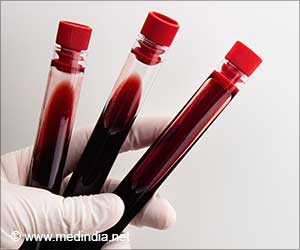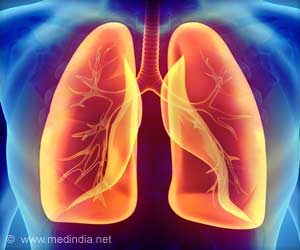According to researchers from Wake Forest University School of Medicine, an analysis of brain tissue samples from chronic alcoholics reveals changes that occur at the molecular level
According to researchers from Wake Forest University School of Medicine, an analysis of brain tissue samples from chronic alcoholics reveals changes that occur at the molecular level in alcohol abuse - and suggests a potential treatment target.
In the study, scientists said that a protein known as beta-catenin that is involved in cell signalling and development is found at higher levels in the brains of chronic alcoholics compared to people of the same age with no history of alcoholism."We have identified a protein that may be a cause of alcohol dependence and tolerance, suggesting the possibility of developing a drug to inhibit the molecule and treat the disease," said Qiang Gu, Ph.D., senior author.
In the research, the team used cutting-edge technology to explore the idea that the complex behavioral, psychological, emotional and brain changes associated with alcoholism are likely due to how networks of proteins respond to chronic and excessive alcohol intake.
Proteins, which are manufactured by genes, determine how an organism looks, how well its body metabolizes food or fights infection, and even how it behaves.
Using a newly emerging tool to study proteins, called antibody microarray analyses, Gu and colleagues are able to measure levels of more than 500 different proteins in tissue samples.
In a pilot study, they noted that beta-catenin was increased in alcoholics, so they studied it in more detail. In the current study, they evaluated levels of 17 proteins associated with the catenin-signalling pathway.
Advertisement
The researchers studied postmortem brain tissue samples from 14 male chronic alcoholics and 14 age-matched male individuals with no history of alcohol abuse. The samples were from the superior frontal cortex, an area of the brain associated with alcohol abuse that is a part of the brain pathway that involves feelings of desire and reward.
In addition to their findings about beta-catenin, the scientists also found higher levels of Myc, a protein that at high levels can cause a transformation of cells that leads to cancer. The findings could help explain a link between alcohol and cancer.
The study is published in Alcoholism: Clinical and Experimental Research.
Source-ANI
SRM/V











